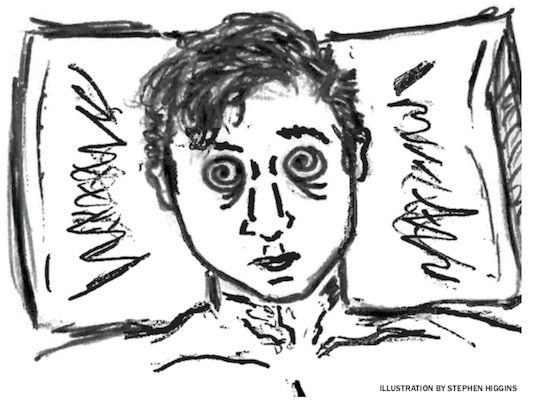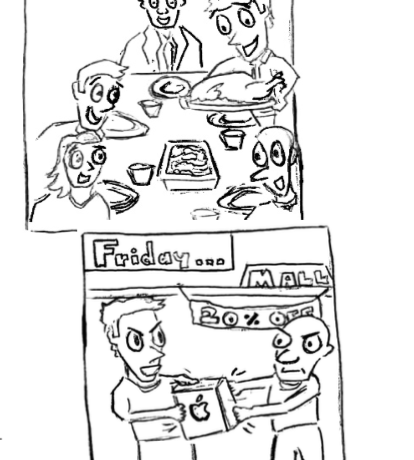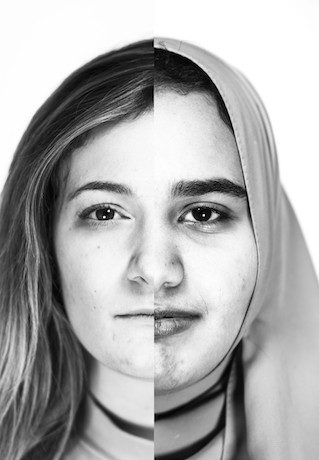
What can Americans do?
An overarching sense has fallen over some citizens of the United States who held the popular vote in the latest presidential election that even if they march, protest, or speak out, their actions and words fall on deaf, billionaire presidential ears.
Why march? Many people asked the individuals who participated in Women’s Marches around the world on Jan. 21. It’s not like by marching you can change who the president is.
They’re right.
It’s hard to articulate why people march when it seems like the odds are stacked against them, when people can show up by the millions in cities from Washington D.C. to New York City to Boston, as well as around the world, and their chanting and footsteps and outrage and fear and desire to hope for something better can be ignored by the leader of an increasingly less-free world.
Our history as a nation is messy, ugly, and full of corruption. It is also multifaceted, beautiful, full of freedoms seized and moments of victory. Our present is just as complex, just as ugly, just as full of hope for a better outcome. Americans have been raising our voices since before we had even signed the Declaration of Independence, before were really even “American”.
As Americans feel a more and more firm tug at the threads of human rights and the fabric of American society as a whole, many have tightened their grip. People march not because they cared less about racism, sexism, and nationalism, amongst other enormous issues at hand, three months ago, but because there is a renewed urgency today in response to an even more finite and legitimate threat.
As a journalist covering the events of the last few weeks, it seems like America has been asleep, perhaps, for a long time, and has only just woken up. The potential, immediate threat towards fundamental rights that people hold dear and rely on has jolted us awake and into action. We’ve been complacent, a deadly thing to democracy, freedom, and equality.
Many feel a necessity to stand today, to announce to others and our communities that Americans do care about one another, that there is a festering need in this country for honesty, and that people have a responsibility to do what they can to protect the rights of one another.
Our lifeblood as a country has always been a keen desire to call for a better life, the life we have long envisioned of equality and freedom and happiness. It’s a dream that has brought immigrants to the United States for centuries, and will continue to do so. It’s a dream many Americans, and non-Americans, cherish.
Without that hope for equality and freedom, without a legitimate right to the pursuit of happiness, we, frankly, are no longer American. And so we march, we protest, we call to action, we continue to keep the dream alive– it seems that that really is all that we can do.


